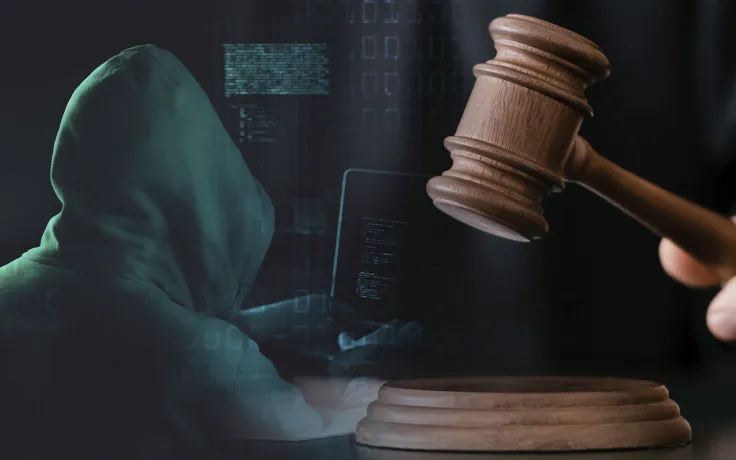
Disclaimer: The opinions expressed by our writers are their own and do not represent the views of U.Today. The financial and market information provided on U.Today is intended for informational purposes only. U.Today is not liable for any financial losses incurred while trading cryptocurrencies. Conduct your own research by contacting financial experts before making any investment decisions. We believe that all content is accurate as of the date of publication, but certain offers mentioned may no longer be available.
Cryptocurrency and blockchain sleuth zachxbt, who previously found out the real identity of the co-founder of WonderlandDAO, has shared instructions on how not to get into scammy NFT projects that are filling the industry and added that crypto influencers promoting scams could face a class action lawsuit following the Bitconnect case.
The main basis of a class-action lawsuit would be the fact that most crypto and NFT influencers are not adding any disclaimers to their posts, hence promoting various projects as investment opportunities or their own businesses.
5/ Thanks to the recent legal precedent in the US set in the Bitconnect case you potentially can be legally liable for promoting scams.
— zachxbt (@zachxbt) March 1, 2022
Being compensated to post about a project isn’t bad but lying about it is. It’s not hard to add #ad to a post. https://t.co/F4UbBS5oHt?from=article-links pic.twitter.com/3TtueCf9qq
According to U.S. laws, individuals can promote or offer investment opportunities, especially since the majority of promoted projects tend to rugpull on their users, steal their funds and drop further development after collecting funds.
In the perfect scenario, influencers must disclose that they have a financial or personal connection to the project. The absence of such a disclosure is considered illegal in a lot of countries, according to zachxbt.
Unfortunately, there were no large cases in the practice of the U.S. or European courts regarding the illegal promotion of NFT projects that later rugpulled on their users or completely dropped the development of the ecosystem.
In the end, zachxbt added that giveaways in exchange for a whitelist or the right to buy tokens are also among the many ways NFT influencers attract users to shady projects that will most likely rugpull later on and cause massive losses for early investors. For taking all of the above mentioned actions, both influencers and project owners could be held liable.


 Dan Burgin
Dan Burgin Vladislav Sopov
Vladislav Sopov